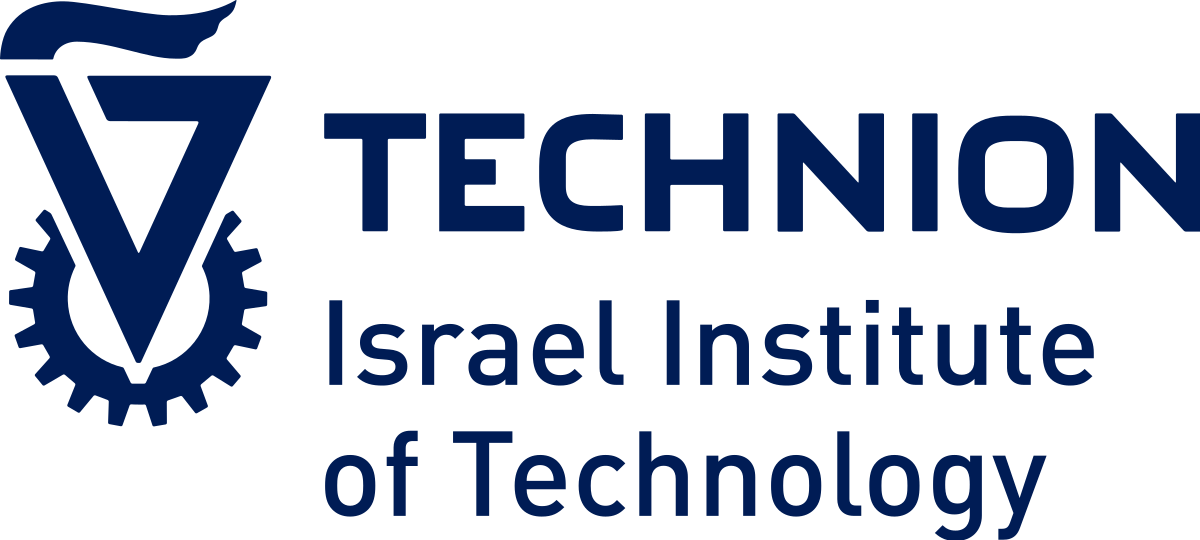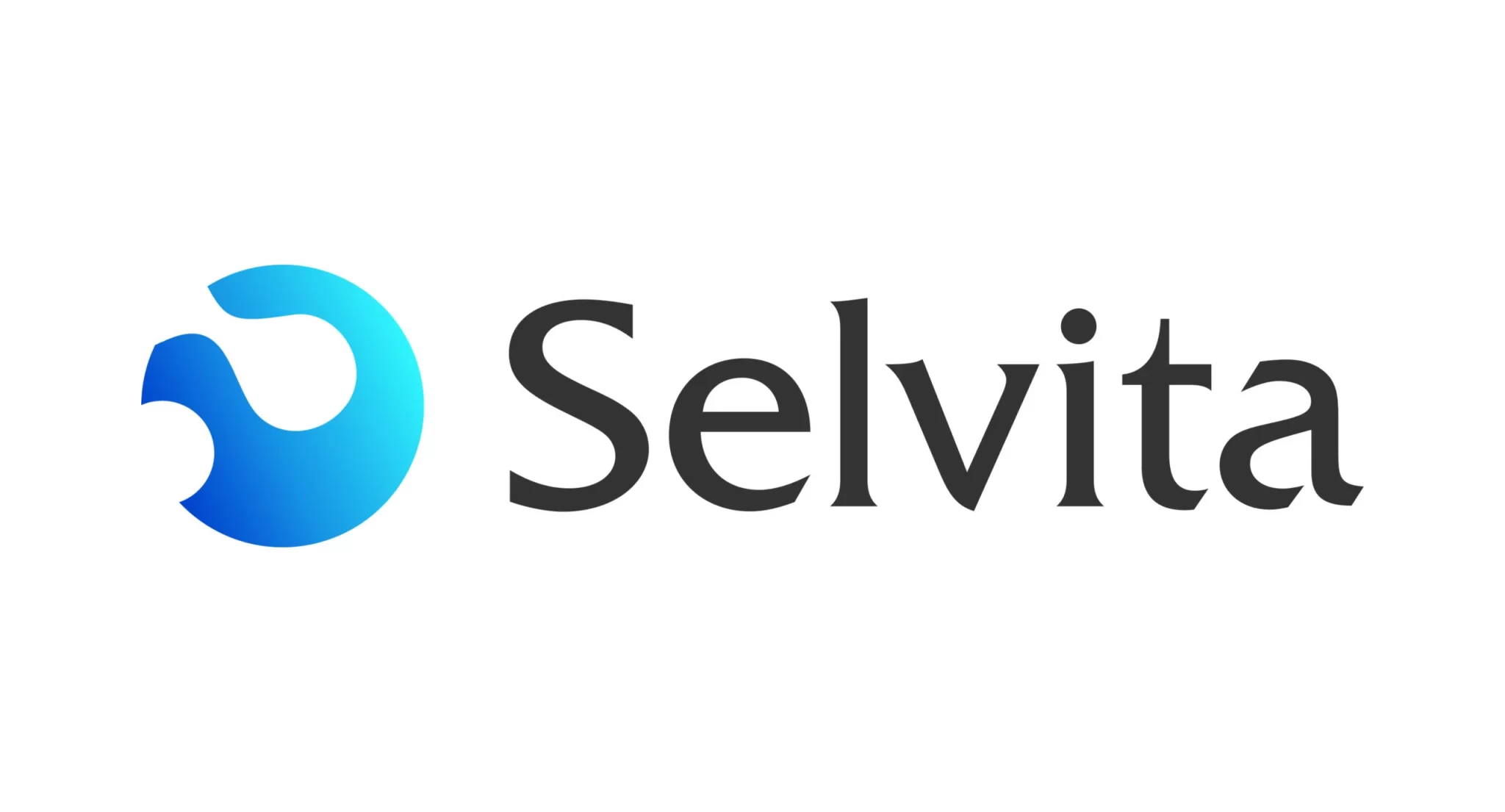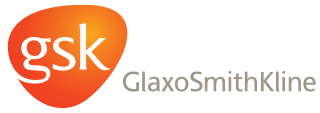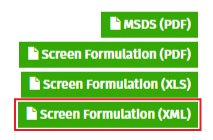Manage Your Entire Experiment
One Software from Start to Finish
From designing your experiments to data collection, keep all your data organized and in one spot.
Increase Your Throughput
Automatically score your drops
in minutes with integrated machine learning algorithms.
Design Experiments with Ease
Intuitive tools allow users
to design screening and optimization experiments in seconds.
One Software for Your Entire Protein Crystallization Workflow
Rock Maker is a Laboratory Information Management System (LIMS) that is there every step of the way, with powerful yet easy-to-use tools that help you get the results you need quickly. Rock Maker manages the entire crystallization experimentation process, from designing and dispensing to image viewing and analysis.
To help manage your workflow, Rock Maker integrates with:
Rock Imager® - Crystallization Imagers
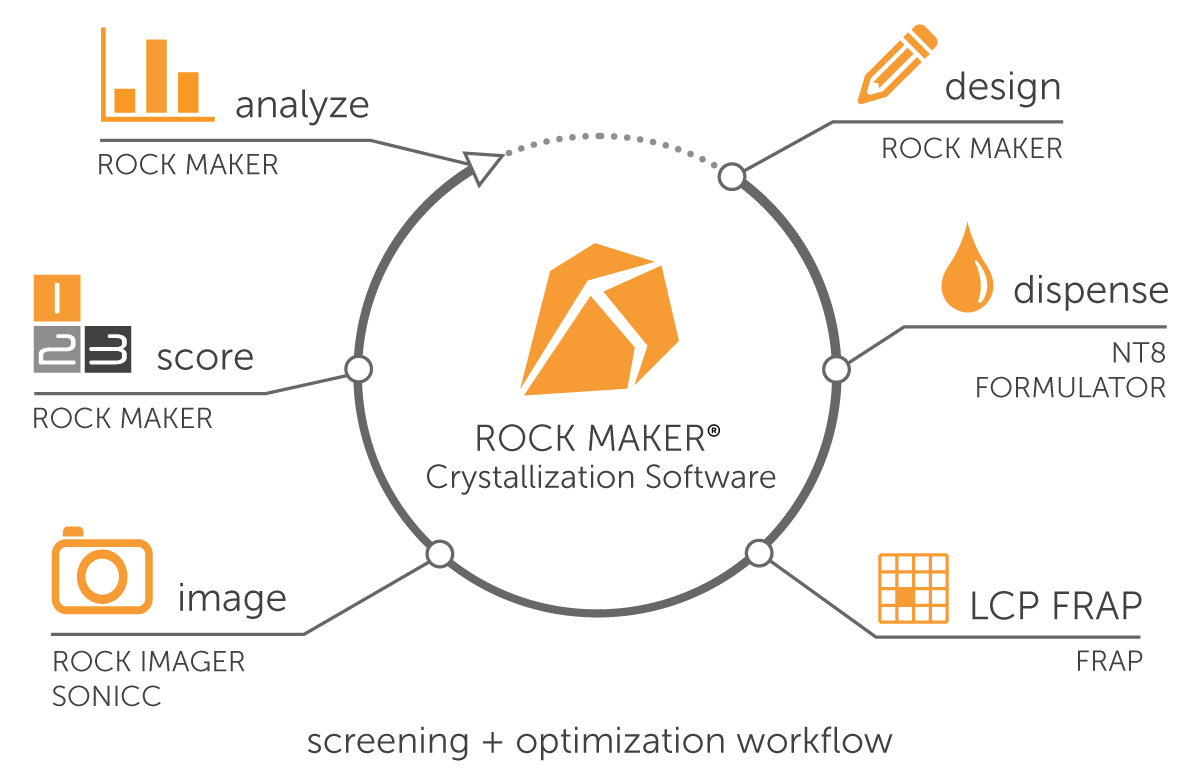
Design and Manage Experiments with Ease
Rock Maker allows you to screen your proteins against sparse screens. The Screen Experiment Wizard makes experiment design a breeze - creating multiple screen experiments for one or more proteins takes less than a minute.
Powerful Experiment Design
- Easy-to-use interface
- Most commonly used screens come pre-loaded
- Unique barcodes allow you to track your experiments from dispensing to imaging and scoring
"Rock Maker software is an evolving piece of software that becomes better with improvements implemented on a recurring basis. The Formulatrix software team is always eager to hear user recommendations and they certainly implement requested features. The software is very powerful and helps me complete crystal "hunting" quickly and efficiently."
Dynamic and Efficient Image Viewing + Scoring
Images taken by Rock Imager are collected by Rock Maker, wherein you can compare images and assign scores. Once you’ve found a crystal, you can measure its size and add notes directly to the image itself.
Bring out details of your UV, SONICC, and FRAP images using the leveling histogram or optically zoom in with a Region of Interest (ROI).
View + Score Images with Ease:
- Navigate through and score your images using your keyboard and customizable scoring schemas
- View up to four drops simultaneously or compare different inspections of the same drop
- View images with multiple modes including slideshow & full-screen
Automatically Score Your Drops with MARCO
One bottleneck to protein crystallography is manually scoring those protein drop images, which is often very time-consuming and tedious. With the advent of machine learning has come the ability to have a computer algorithm analyze and score protein drop images. One such technology is the Machine Recognition of Crystallization Outcomes or MARCO, which can score a 96 well- 1 drop plate in under 3 minutes, with an accuracy of ~94%. MARCO automatically provides a probability of a drop image being either a crystal, precipitate, clear, or other. MARCO is now integrated in Rock Maker and can automatically score your drops with just a few clicks.
One bottleneck to protein crystallography is manually scoring those protein drop images, which is often very time-consuming and tedious. With the advent of machine learning has come the ability to have a computer algorithm analyze and score protein drop images.
One such technology is the Machine Recognition of Crystallization Outcomes or MARCO, which can score a 96 well- 1 drop plate in under 3 minutes, with an accuracy of ~94%. MARCO automatically provides a probability of a drop image being either a crystal, precipitate, clear, or other.
MARCO is now integrated in Rock Maker and can automatically score your drops with just a few clicks.
Zero in on the Optimal Crystallization Conditions
Got a hit? You can perform a quick multidimensional optimization of various conditions, varying concentrations and pHs of the ingredients along rows, columns, and/or quadrants within a plate. Rock Maker helps you effortlessly find the ideal conditions for crystal growth.
"Rock Maker has streamlined our process of designing high-throughput screens and obtaining crystals. The ability to move seamlessly from the Rock Maker software program to the Formulator allows our lab to easily optimize and improve our protein crystallization conditions."
Iterative Screen Optimization (ISO)
ISO is a highly automated optimization process that can help researchers yield protein crystals from conditions that initially do not look promising. Using a premade screen, an initial screening experiment is set up. After images are collected on this experiment, a user classifies each of the images by scoring them as either Clear, Crystal, Light Precipitate, or Heavy Precipitate. Based on these scores, the ISO process creates a new experiment wherein the concentration of the precipitant from each condition is altered - either increased or decreased, to get into the nucleation zone in the protein solubility curve. For example, if the initial experiment yielded a clear score, the next ISO experiment will increase the precipitant concentration. This ISO will then be performed on the newly created experiment (round 2) and such iterations will be done a few more times in a series. After the first iteration, every subsequent round of ISO takes into account the scores of the last two experiments to calculate the precipitant concentration in the next experiment. The Rock Maker Crystallization Software can automatically generate experiments for each ISO step, adjusting the precipitant concentration of each condition based on user scores.
ISO is a highly automated optimization process that can help researchers yield protein crystals from conditions that initially do not look promising. Using a premade screen, an initial screening experiment is set up. After images are collected on this experiment, a user classifies each of the images by scoring them as either Clear, Crystal, Light Precipitate, or Heavy Precipitate.
Based on these scores, the ISO process creates a new experiment wherein the concentration of the precipitant from each condition is altered - either increased or decreased, to get into the nucleation zone in the protein solubility curve. For example, if the initial experiment yielded a clear score, the next ISO experiment will increase the precipitant concentration.
This ISO will then be performed on the newly created experiment (round 2) and such iterations will be done a few more times in a series. After the first iteration, every subsequent round of ISO takes into account the scores of the last two experiments to calculate the precipitant concentration in the next experiment.
The Rock Maker Crystallization Software can automatically generate experiments for each ISO step, adjusting the precipitant concentration of each condition based on user scores.
"The Formulatrix robotics in our lab facilitates incredible speed and versatility in our operation. The modularity of the platform enabled us to start with a Rock Imager and to scale up as our needs grew. We now have the full suite of PC products (Rock Maker, Formulator, NT8, and Rock Imagers 54 and 360), and it has been instrumental in scaling our throughput to match the needs of our growing organization."
Further Optimize Against Randomized Conditions
Rock Maker can quickly generate fully randomized optimization screens based on promising conditions of your choice. Create experiments with unique conditions by adjusting the concentration, pH, and the probability of appearance of buffers, precipitates, salts, and additives.
"As long-standing customers, we are very pleased with our Formulatrix system. The RI1000 and Formulator robots not only deliver reliability and robustness but also seamlessly integrate with the RockMaker software. This user-friendly platform simplifies workflow and project tracking across multiple research groups. The standout feature, however, is the exceptional customer service – the staff are always prompt, courteous, and efficient in resolving any issues. Formulatrix's dedication to continuous improvement and user satisfaction is evident in every aspect of their system. Highly recommended for anyone seeking reliability, efficiency, and excellent support."
Analyze Your Data to Improve Future Experiment Design
Carry out an in-depth analysis of your results quickly using the powerful Search & Filter feature of Rock Maker. Based on previously performed experiments and user-defined criteria, you can make informed predictions about the most favorable conditions for crystallizing your protein of interest.
Built-In Data Analysis and Reporting Tools
- Use Search and Filter to mine your data to uncover trends based on a variety of parameters, helping you to continue your research efforts and focus in on conditions likely to grow bigger and better crystals
- Create and manipulate charts to visualize your experiment results
- Print various experiment reports for your lab notebooks
"The two Rock Imagers in our Biochemical Institute at UZH have proven to be very valuable tools to advance our research in structural biology. The visible light and cross-polarization images in color and the highly focused UV fluorescence images, in combination with the sophisticated Rock Maker/Rock Maker Web software, are crucial as they allow researchers to efficiently sift through literally thousands of experiments. Vital to the success of these tools is the excellent response of the technical service team. Any hardware or software problems are addressed and solved in the shortest possible time."
Manage Your Experiments Anywhere
Rock Maker Lite
Rock Maker Lite is a web-based interface that lets users view, edit, and score images directly from their browser. Offered as an optional add-on for any Rock Maker edition, it replaces Rock Maker Web and introduces a refreshed interface with smoother navigation and faster performance. The platform delivers up to 20 % quicker experiment loading, improved security, and a consistent design that aligns with the upcoming Rock Maker V4.
It also brings key enhancements, including AI-powered auto-scoring with Sherlock 3.1 for improved crystal detection accuracy, a redesigned scoring panel that displays outcome breakdowns and crystal morphology, and an improved multiplate viewing experience.
Rock Maker Lite is your go-to solution for quickly viewing your plates and evaluating your drops. Anything you do on Rock Maker is synchronized in real-time with Rock Maker Lite, so you stay up to date.

Always Here to Support and Help your Lab Achieve More
Built-In Training with Rock Maker University
Rock Maker University provides tours of the major features and functions of the software. It also contains guided tutorials that span the entire crystallography process to help you design the experiments that you need to create.
For example, when you complete the "Make a Protein" tutorial, your efforts will result in a protein formulation that you can use in any experiment. No time is sacrificed while learning to use the software with Rock Maker University.
World-Class Support
Our support team continually receives the highest marks for customer satisfaction. Having trouble? Send an email or call – within an hour someone will work on your issue.
Continuous User-Driven Improvements
With an average of two software releases per year, your feedback and suggestions are developed, tested, and implemented year-round – which means the think-tank behind Rock Maker is a pool of crystallographers working at the leading pharmaceutical companies and research universities from around the world.
"We purchased the Formulatrix RI 54 imager a year ago and it has already proven to be irreplaceable for our scientists as each of them usually goes through thousands of experiments per day. Rock Maker / Rock Imager software makes it much more convenient, saves time, and advances the projects faster. The quality of the images is very high. Even with the drop location mode, we can see every detail of the drop. Plus, having the UV imaging option aids well with filtering crystals for data collection. It's important to emphasize that Formulatrix customer support is exceptional. Any issue is addressed very quickly and efficiently."
Easily Track Your Crystals During Your Synchrotron Trip
Keeping track of harvested crystals can sometimes become impossible to manage. Rock Maker brings you the Synchrotron Trip Management tool, keeping all your trip data in one place. From virtually harvesting your crystals to assigning dewars and pucks and sending them off on the designated synchrotron trip. Rock Maker makes it simple for you to plan and backtrack the entire process.
The Rock Maker Synchrotron Trip management tool allows you to:
- Virtually harvest your crystals
- Create and assign dewars and pucks
- Create synchrotron trips and assign crystals
- Compile trip data in one report at any stage
- Import synchrotron trip results and have it all in one place
Editions Based On Your Needs and Budget
| Enterprise Edition | Imaging Edition | Design Edition | RM Lite Edition | |
|---|---|---|---|---|
| Screen Experiments | ||||
| Optimize Experiments | ||||
| Iterative Screen Optimization (ISO) | When Combined With Imaging Edition | |||
| View & Score Images | ||||
| MARCO Autoscoring | ||||
| Reports | ||||
| Synchrotron Trip Management | ||||
| Dispense | ||||
| Search & Filter | ||||
| Hardware Integration | All Instruments | Rock Imager, SONICC, FRAP | Formulator, NT8 |
Testimonials
Publications
Resources
Reference
1. Jones HG, Wrapp D, Gilman MSA, Battles MB, Wang N, Sacerdote S, Chuang GY, Kwong PD, McLellan JS; Iterative screen optimization maximizes the efficiency of macromolecular crystallization; Acta Crystallogr F Struct Biol Commun.; 2019 Feb 1; 75(Pt 2): 123-131.




